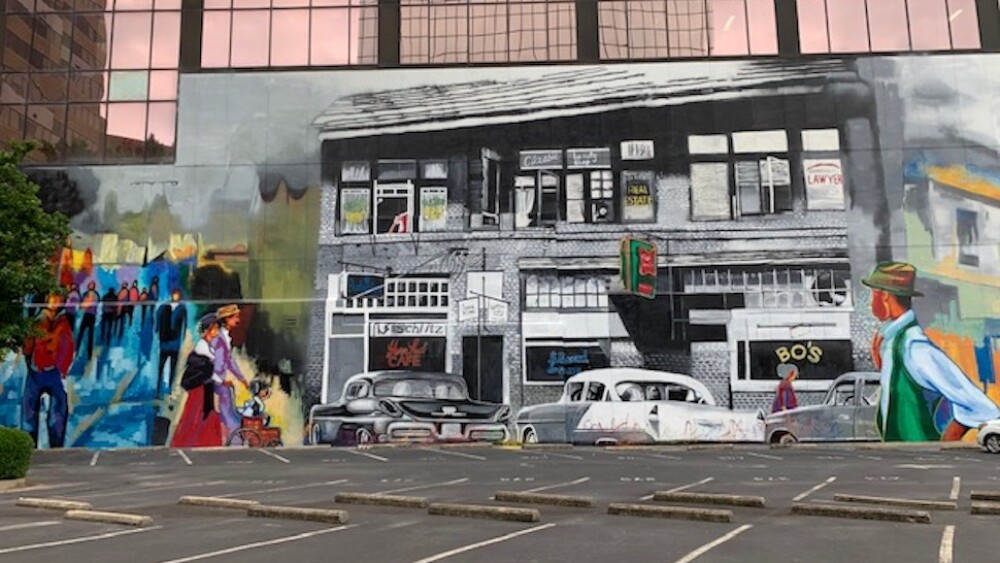Black History Month is a chance to celebrate the people, places, and stories that shaped Columbia. From murals honoring Black Wall Street to museum exhibits and self-guided tours, here are a few local ways to learn more about Columbia’s Black history this month.
Columbia’s Black history and legacy
The Ija Charles mural on Main Street tells the story of Columbia’s Black Wall Street — the area of Washington Street from Assembly to Gadsden streets that once featured hundreds of locally owned businesses that supplied goods and services to the community through the 1970s.
Columbia is home to two of South Carolina’s eight HBCUs, or Historically Black Colleges and Universities, that carry rich histories. Take a look back at our deep dive into the history of Allen University and Benedict College and learn more about their most distinguished alumni.
Self-guided tours and museum experiences
Historic Columbia’s exhibit, “Heat & Hardship: The Hidden Labor of Enslaved Cooks,” opened last year at the Robert Mills House & Gardens. This immersive experience illuminates the lives of enslaved cooks who worked at the property in the 1820s, featuring first-person narratives and hands-on activities that explore the labor, ingredients, and challenges of their work. Tours run Wednesday–Sunday.
Hit the road and explore 300+ historic African American landmarks across the state thanks to a resource called The Green Book of SC. Created by the South Carolina African American Heritage Commission, this was the first mobile travel guide for Black cultural sites across the state.
Explore Columbia’s African American Heritage sites from the comfort of your own computer or mobile device, thanks to Historic Columbia’s online walking tours. The tours take you through neighborhoods and districts central to Columbia’s African American history.
To learn more about local African American history, visit Historic Columbia and discover information about four centuries of Columbia’s Black community.












